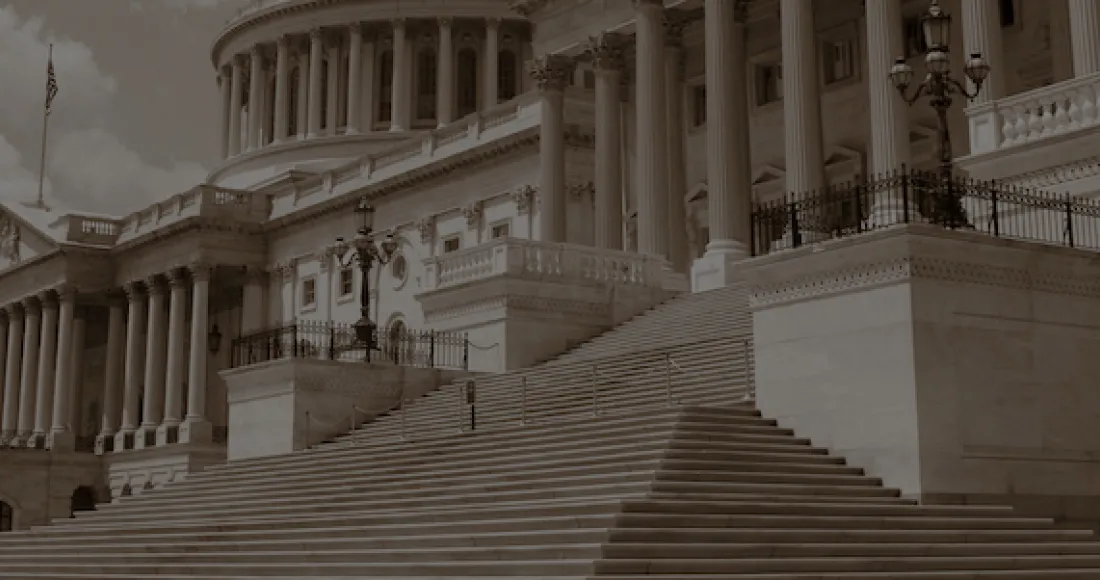
The fear of retaliation is one of the primary deterrents that keeps employees from speaking up about fraud. Whistleblowers are often people who have worked in their industries for many years, and the possibility of jeopardizing their positions can be intimidating.
Nonetheless, reporting fraud to protect public safety and taxpayer funding is every citizen’s right. Depending on the industry and the type of violation reported, there are many state and federal laws that protect whistleblowers from being harassed, fired or experiencing other forms of retaliation.
Some of these laws help whistleblowers that have already experienced retaliation win back lost compensation or even to have their jobs reinstated. Here are several major federal agencies with legislation that protects whistleblowers.
Department of Justice (DOJ)
The False Claims Act (FCA) contains protection provisions for whistleblowers that report fraud committed by government contractors, including hospitals, hospices, nursing homes, defense contractors, and other companies that have submitted fraudulent invoices to the government.
The FCA, which falls under the DOJ’s jurisdiction, also applies to employees that have experienced retaliation for reporting false claims submissions internally, or for refusing to participate in a scheme involving fraudulent claims.
For example, refusing to comply with a superior’s request to upcode Medicare claims is considered “protected activity” under the FCA. This means that even if the employee doesn’t file a qui tam lawsuit, they may be eligible for back pay, reinstatement or other compensation if they experience retaliation.
The Federal False Claims Act applies to defrauded federal funding, but states can also have versions of the law that apply to defrauded state funds. Not all states have individual versions of the False Claims Act, however, and in some that do, it only applies to Medicaid fraud.
Department of Labor (DOL)
The DOL’s Occupational Safety and Health Administration (OSHA) Whistleblower Program enforces over 20 protection statutes for employees that report wrongdoing. These protections cover a broad range of industries, including energy and nuclear, public transportation, the airline industry, and many others.
OSHA has been active in leveraging penalties against companies that fire or otherwise retaliate against employees that report legal infractions such as violations of air emissions limitations, workplace injuries and illnesses, and health and safety violations.
On June 29th, 2016, OSHA ordered a Michigan school district to pay $193,000 to an employee who had been harassed after reporting asbestos hazards. The employee was protected by the Clean Air Act’s whistleblower provisions, and therefore was entitled to backpay, coverage of medical bills and other compensatory damages.
Environmental Protection Agency (EPA)
The EPA is subject to the Whistleblower Protection Enhancement Act of 2012, which protects federal employees from retaliation after reporting fraud, waste or abuse.
Whistleblowers who are not classified as federal employees should note that the legislation protecting environmental whistleblowers is complicated and far less evolved than the False Claims Act or other, more established whistleblower laws.
Recourse in the event of retaliation may depend on the type of environmental infraction reported, as well as the nature of the whistleblower’s employment with the fraudulent company. It is therefore particularly important for environment whistleblowers to consult with an attorney who is familiar with EPA protections.
Securities and Exchange Commission (SEC)
The Dodd-Frank Act was a significant legislative milestone in the wake of the 2008 financial crisis. One of its most important features is the inclusion of whistleblower rights, rewards, and protections in exchange for exposing securities fraud.
These rules prohibit retaliation against whistleblowers that report fraud to the SEC. Whistleblowers need not be employees of the company accused of securities violations; the primary requirement is that they have provided original information about the fraud to the SEC.
The SEC’s whistleblower program has been highly successful since its inception in 2010, awarding over $100 million to whistleblowers as of August 2016. The securities agency is also committed to reprimanding companies that attempt to preemptively silence whistleblowers through unlawful confidentiality agreements.
Commodity Futures Trading Commission (CFTC)
CFTC whistleblowers are also protected under the Dodd-Frank Act, however the options available when reporting to this agency are more limited than for SEC whistleblowers. Anyone who has experienced retaliation for blowing the whistle on CFTC fraud can file a separate private lawsuit seeking restitution, reinstatement, and reimbursement for legal fees.
However, the CFTC itself does not yet have the authority to go after retaliatory organizations proactively, as the SEC has done. Fortunately, CFTC leadership has noted that stronger whistleblower protections and anti-retaliation measures are necessary, and are working toward this change.
State whistleblower protections
There are many reasons whistleblowers request attorney representation before filing a lawsuit; one of the most compelling is that whistleblower legislation can can significantly differ by state, industry, employer type.
Though it may be favorable to pursue whistleblower cases on a federal level when possible, states do each have their own whistleblower laws.
Some states, such as Alaska, Delaware, and Pennsylvania, only have anti-retaliation laws for public employees. Others, like California and Michigan, have whistleblower protections for all employees, including those that work for state, public and private employers.
The importance of whistleblower protection laws
Though the False Claims Act and the Dodd-Frank whistleblower program have become the most widely known sets of whistleblower legislation, there are clearly a great number of laws that help citizens report wrongdoing.
Some agencies, such as the IRS, still have a long way to go to improve the specificity of whistleblower laws. Not all anti-retaliation laws are easy for whistleblowers to navigate alone, but the fact that these laws exist at all is undeniably positive. After all, no one deserves to be punished for having integrity.
Learn more about whistleblower rights here.

